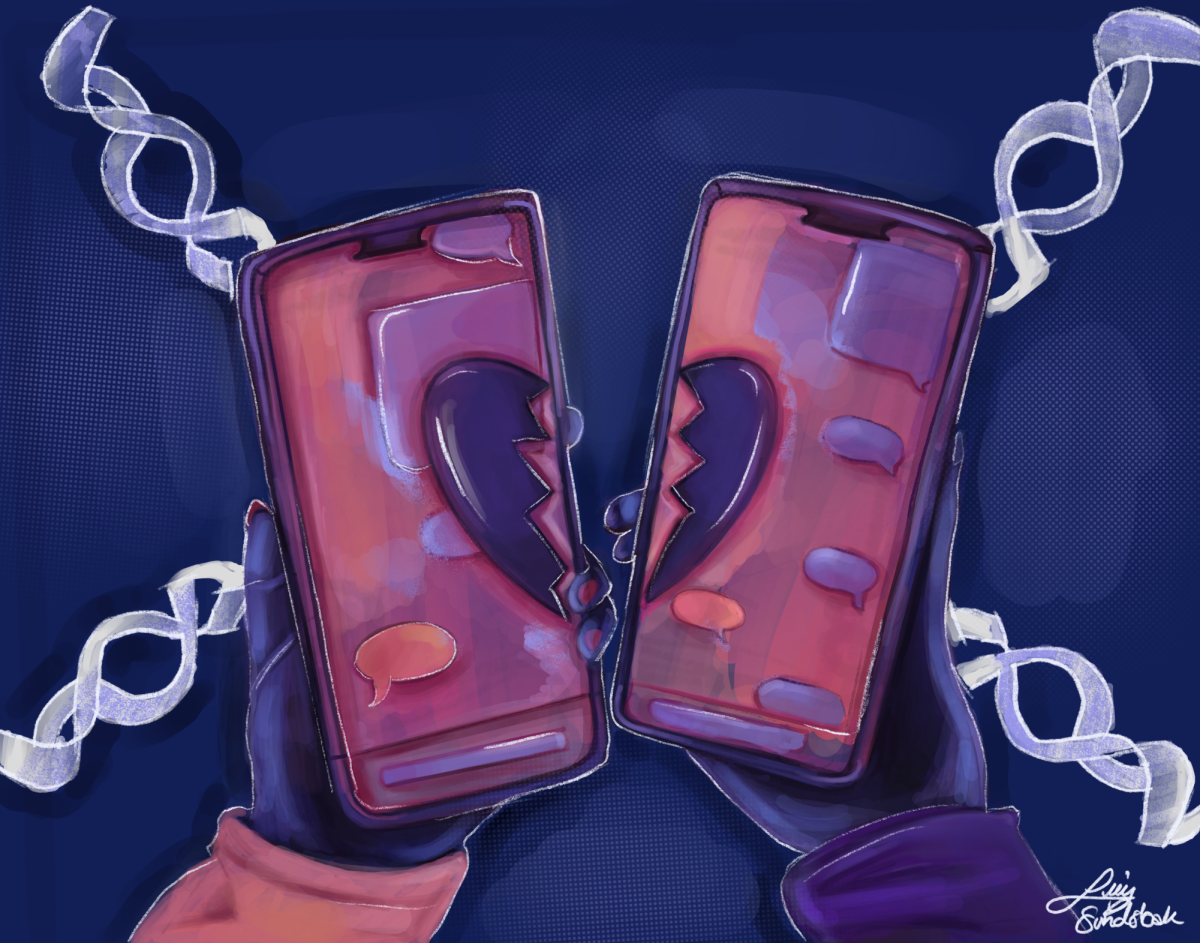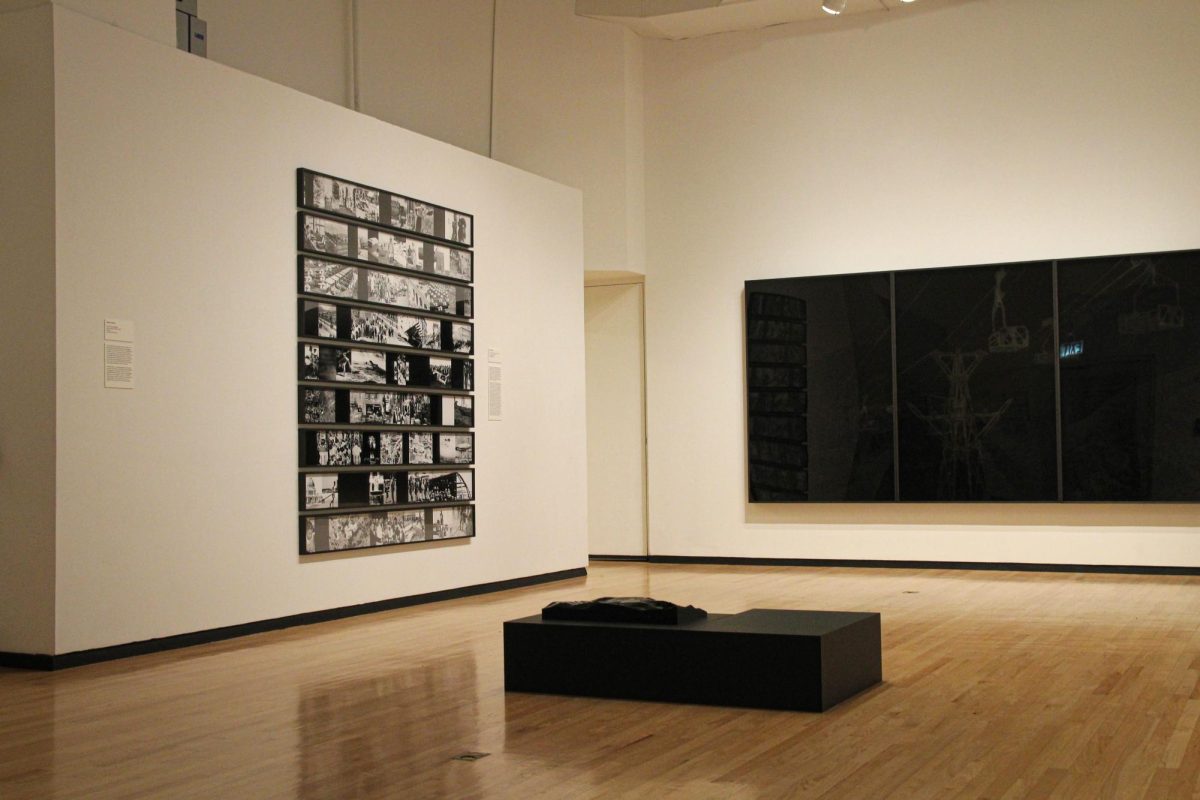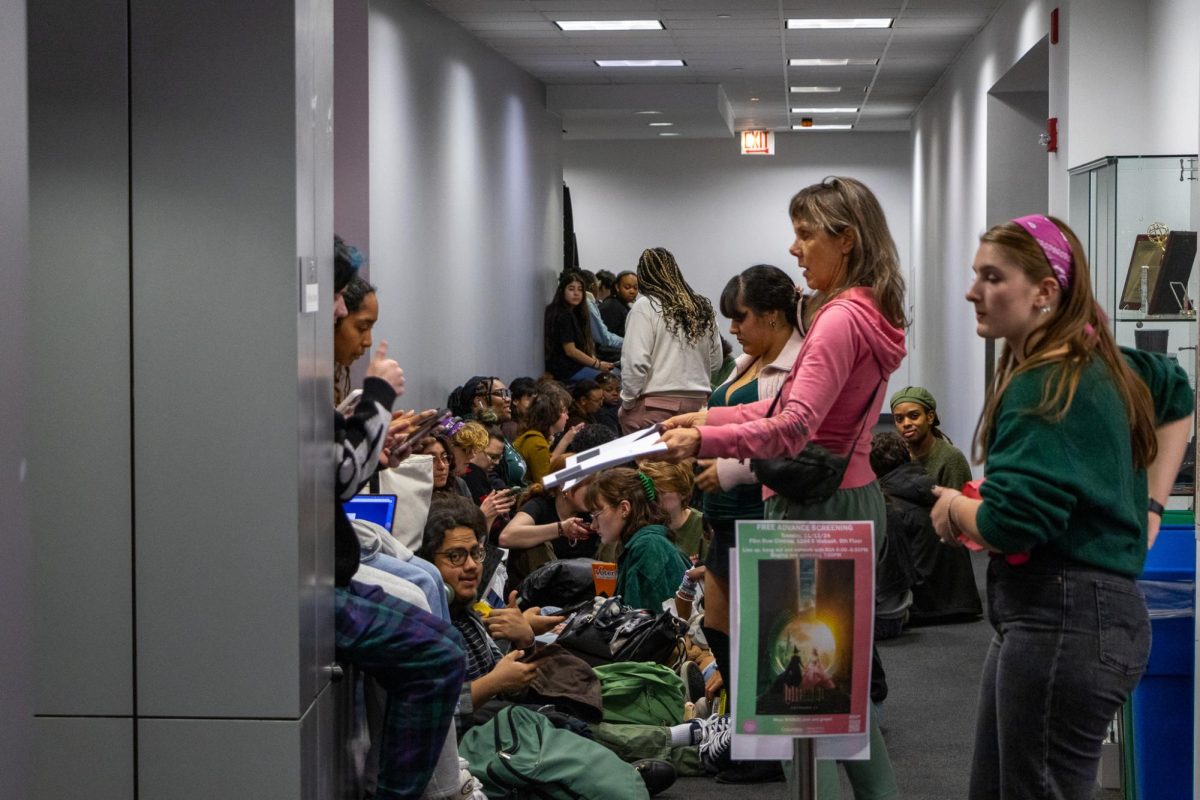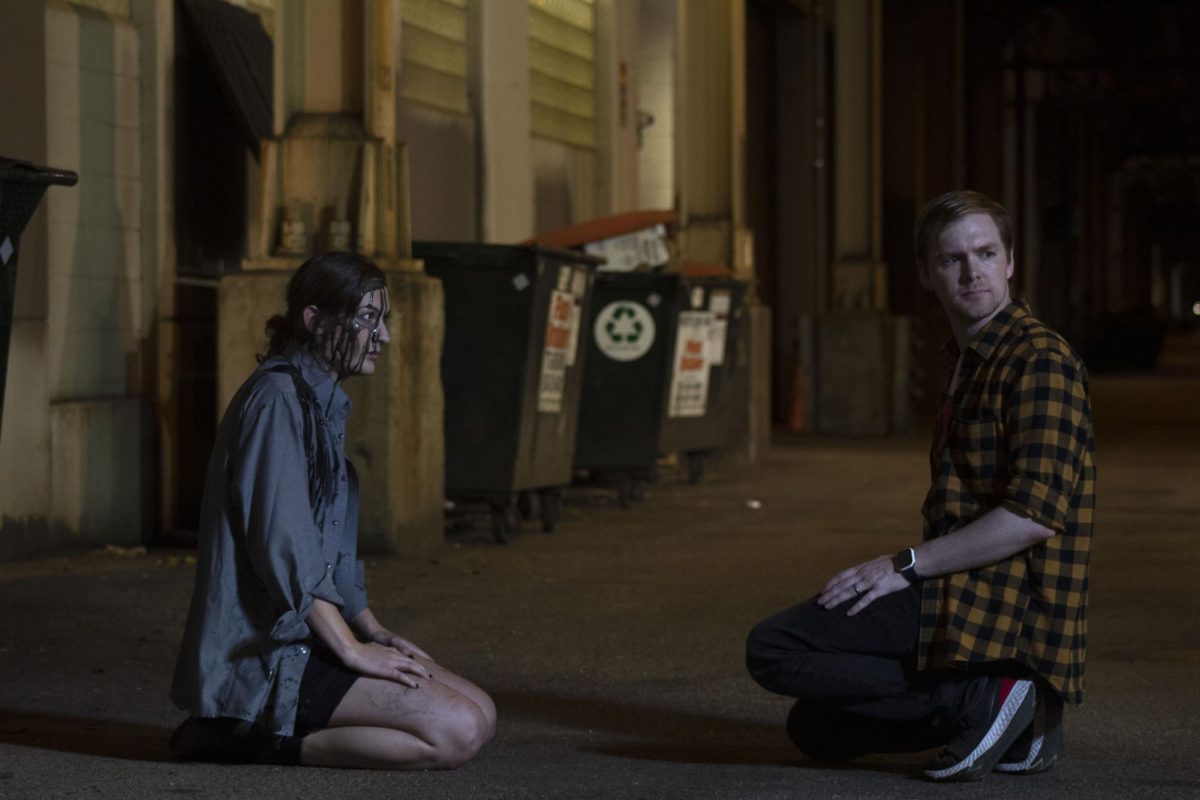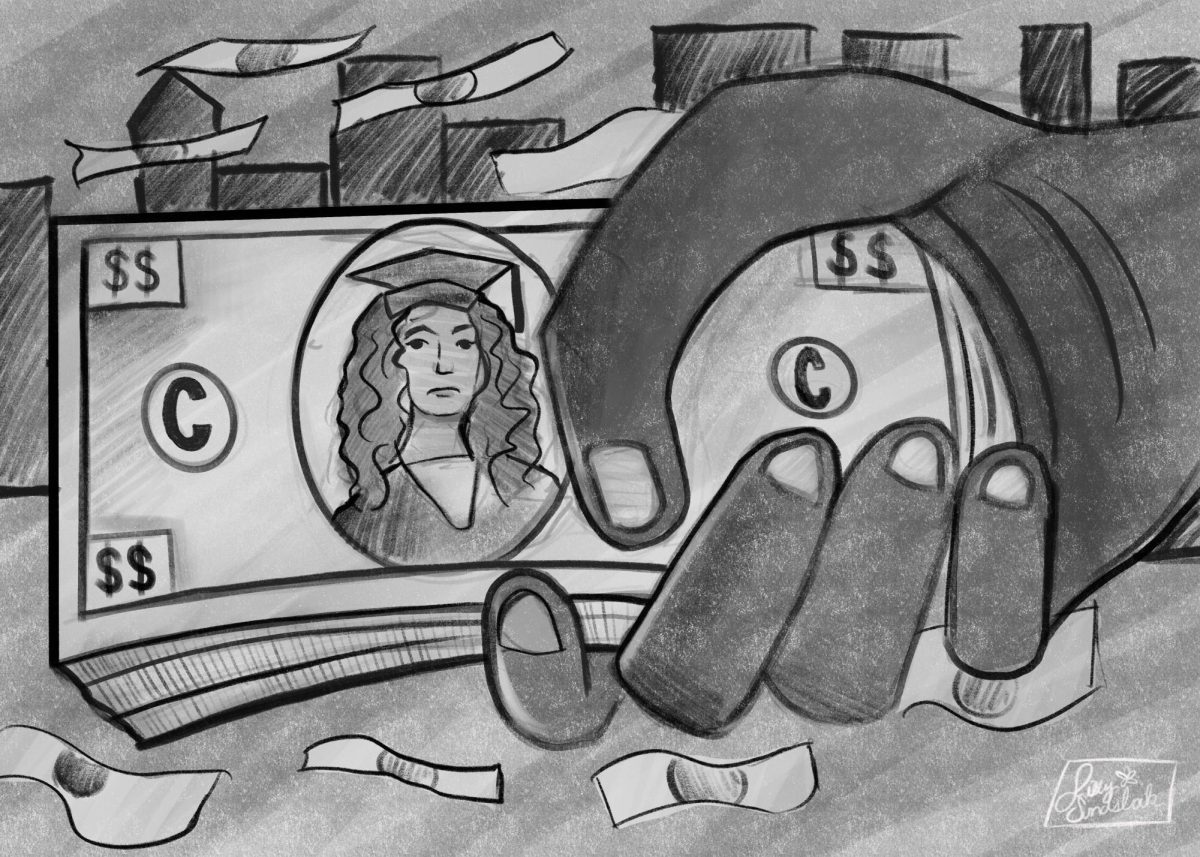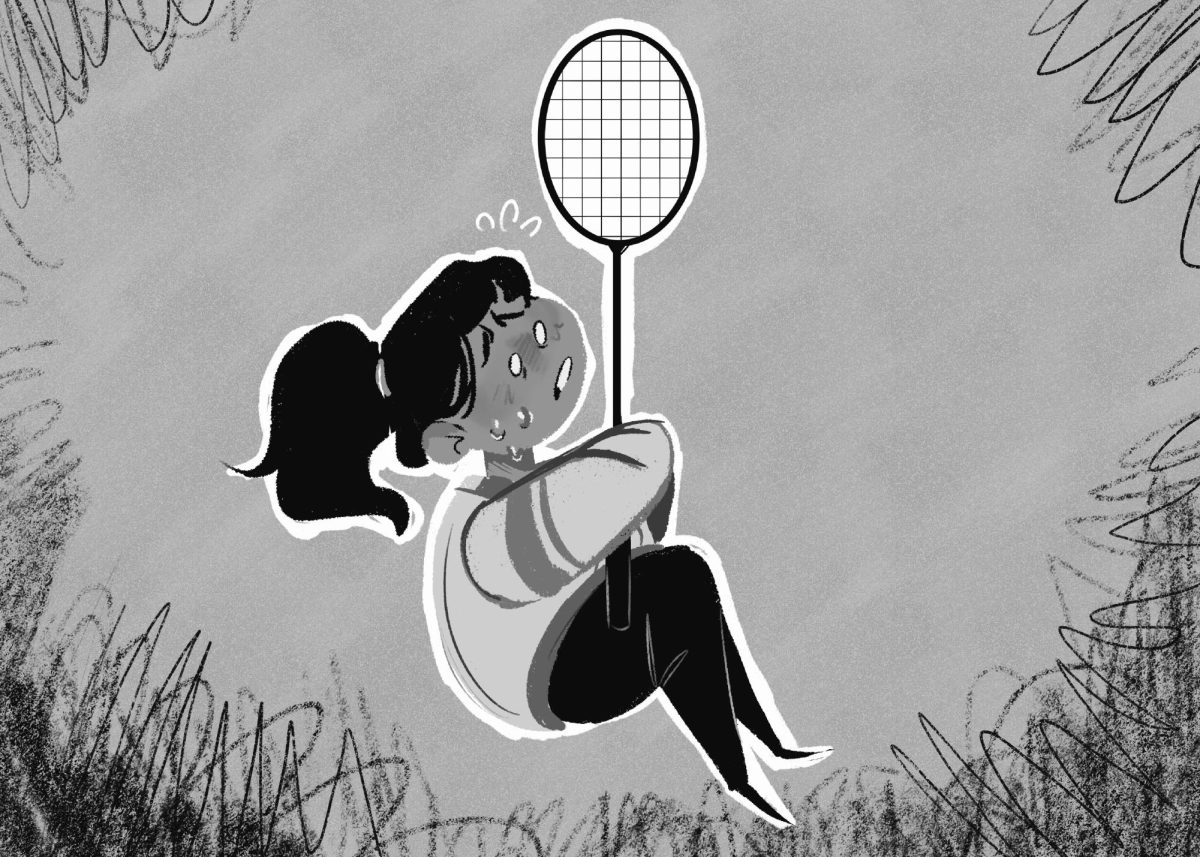THE SEX ISSUE
It starts with a touch.
It could be a touch from a hand or from your phone screen illuminated by the latest dating app, but the end results are the same.
Flirtations and phone numbers are exchanged, and the chase of the “do we, don’t we?” begins. As the infatuation fades and the “honeymoon phase” makes its curtain call, reality comes into focus and the feelings of uncertainty creep in. It makes you wonder if the thrill of the game is not so thrilling at all.
If you ask your friends for the definition of a situationship, you are going to get a different answer every time. This gray-area of intimacy is so ingrained within the modern dating pool that it has become commonplace — stuck in limbo between the rejection of dating but accepting the situation as more than friendly affection.
It is no wonder that the term “situationship” has had a record amount of interest in Google search trends in the past year.
Is a situationship a form of freedom, or is it truly an illusion of control under faulty foundations of blurry boundaries, defining intimacy for an entire generation of young adults entering the dating world?
Psychologist Susan Albers defined a situationship as having a lack of obligation or exclusivity.
“There are elements of friendship and romance, but they exist without defining the relationship,” she told the Cleveland Clinic.
Situationships can have their own time and place within the structure of someone’s life. Whether it is the pressure of the college workload or the rebuilding after a bad breakup, enjoying the privileges of a partnership while maintaining the stress-free status of being single and the opportunities that come with it can sound appealing.
The alluring secrecy adds a level of excitement and risk that you do not achieve within a traditional dating dynamic. Young adults agree, considering that Tinder saw a 49% increase of the term “situationship” being added to users profiles between the ages of 18 to 25, in 2022.
Within this excitement is undefined territory, leaving one or all parties involved on uncertain ground.
When expectations are addressed and continuously reviewed, a situationship can be an interpersonal exercise of exploration and reassessment of what you want for yourself and of future partners.
However, the term “situationship” and its popularity amongst an entire generation has caused the lack of communication and vulnerability within a partnership to become a main pillar of the shaky foundations of modern dating. When you do not know where you stand with someone, this uncertainty has the potential to breed doubts, regret and anxiety within a fantasy of your own creation.
As the dust settles, and your situationship stops texting back or cancels plans with little-to-no explanation, this fantasy can easily change from hot-to-cold. As a result, participants are often left feeling unfulfilled and undervalued once it is over.
Within my first situationship at 18 years old, less than a year after I broke up with my high school sweetheart, my eyes had yet to be opened to the world of casual dating and the nuances that come with it.
Just like a lot of young adults first entering the dating world, I yearned for genuine connection, any connection, and turned to dating apps to find them.
I found my connection with a man four years my senior. I devoured his affections, sweet comments and future planning of trips we would take. I ignored the fact that our meetings solely consisted of the confines of our respective apartments. I found myself swept up within the fantasy that we had created. Until the bubble of delusion popped a month later.
His affections and attention dwindled as his replies became more and more impassive. His touch became less kind and gentle.
“You’ll understand when you’re older,” he said.
As I cried into my mother’s arms, feelings of shame, guilt and regret reached a boiling point within me. Why was I not enough?
This question would echo through the summer and follow me to Chicago.
After four years, his last impression still stings. Consistent exposure to this hot and cold behavior can leave lasting effects on an individual’s perception of self-worth and how they conduct themselves within future relationships. Or worse, eliminate emotional vulnerability and connection all together.
Generation Z is often referred to as the loneliest generation, with isolation rates higher than both Gen X and Millennials.
Situationships, put into the spotlight by hookup culture and the plethora of dating apps and social media, is a double-edged sword; it encourages exploration and autonomy, yet at the same time, enforcing and normalizing destructive behaviors of detachment, dishonesty and objectification.
The perfect ingredients to create an intoxicating pairing.
My first situationship was not my last.
Within the icy feeling of loneliness and self-deprecation, I sprung into a familiar behavior within casual dating, trying to create a distraction within someone else. After many tears shed and names forgotten, I can look back at my history and point at the lessons to be learned.
The biggest one to date is that it is better to be alone than to be in a cold embrace


